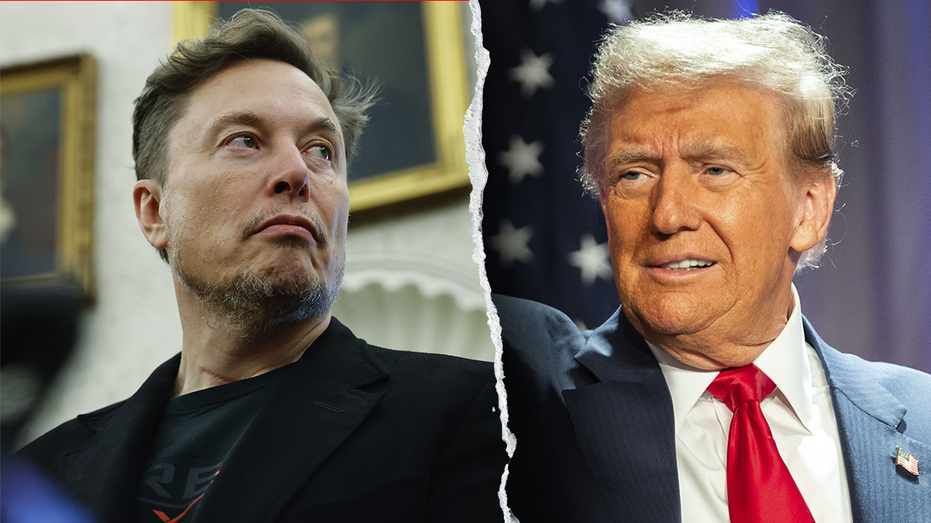Trump Expresses Disappointment Over Musk's Criticism of 'Big, Beautiful Bill' Amid EV Incentive Cuts
Trump criticizes Elon Musk over EV tax credit cut in spending bill backlash

President Donald Trump expressed his deep frustration this week over recent remarks from Elon Musk, CEO of SpaceX and Tesla, following Musk’s public opposition to the administration’s ambitious tax and spending package. The tension comes just days after Musk stepped down as head of the Department of Government Efficiency (DOGE), an agency he was tapped to lead in a high-profile move aimed at slashing government waste.
Musk has become an outspoken critic of what Trump hails as the "big, beautiful bill"—a sweeping legislative package touted as the largest cost-cutting initiative in U.S. history. Despite Trump's praise for the measure, Musk has called it a “disgusting abomination,” citing concerns that the bill would dramatically increase the federal deficit. Central to Musk's criticism is the removal of tax credits for electric vehicles, a change that he says unfairly targets companies like Tesla while leaving oil and gas subsidies untouched.
"I've always liked Elon… you saw the words he had for me," Trump told reporters during a joint appearance with German Chancellor Friedrich Merz in the Oval Office. "I'd rather have him criticize me than the bill, because the bill is incredible. It's the biggest cut in the history of our country." Trump continued, emphasizing his disappointment: "I'm very disappointed, because Elon knew the inner workings of this bill better than almost anybody… He had no problem with it until we cut the EV mandate. That’s billions and billions of dollars, and it really is unfair."
Musk was quick to fire back on social media, contending that he was never shown the full measure and denouncing what he described as unnecessary “mountains of disgusting pork” buried within the legislation. "Whatever. Keep the EV/solar incentive cuts in the bill, even though no oil & gas subsidies are touched (very unfair!!), but ditch the MOUNTAIN of DISGUSTING PORK in the bill," Musk wrote on X. He argued that effective legislation should be slim and targeted—not weighed down by extraneous expenditures.
Musk’s criticisms have grown more vocal since the House passed the bill in May, accusing Congress of undermining DOGE’s original mission to slash $2 trillion in governmental spending through aggressive reductions in programs and staff. He asserts the current bill not only fails to deliver on those promised savings, but actively contributes to the very waste he was instructed to eliminate.
For its part, the White House brushed off Musk’s objections. Press secretary Karoline Leavitt responded, "Look, the president already knows where Elon Musk stood on this bill. It doesn't change the president's opinion. This is one big, beautiful bill and he's sticking to it."
The departure of Musk from DOGE and his highly publicized feud with Trump have injected new turbulence into the ongoing debate over fiscal responsibility and government reform. As both sides dig in, the fate of the controversial bill—and the shape of future cost-cutting efforts—remain very much in flux.




